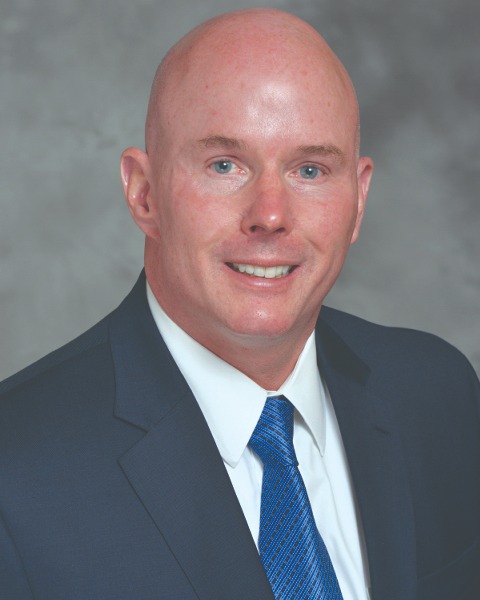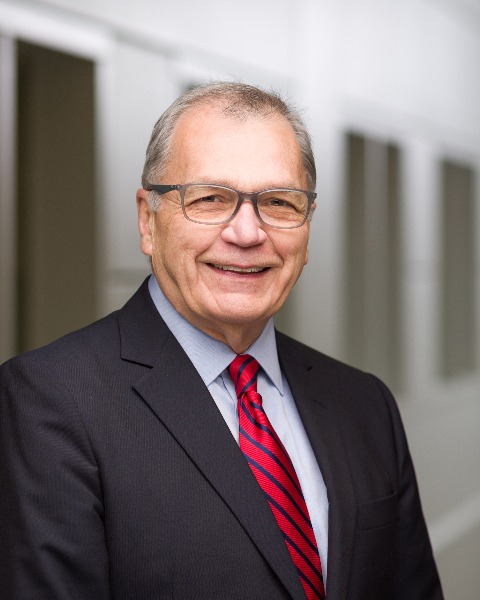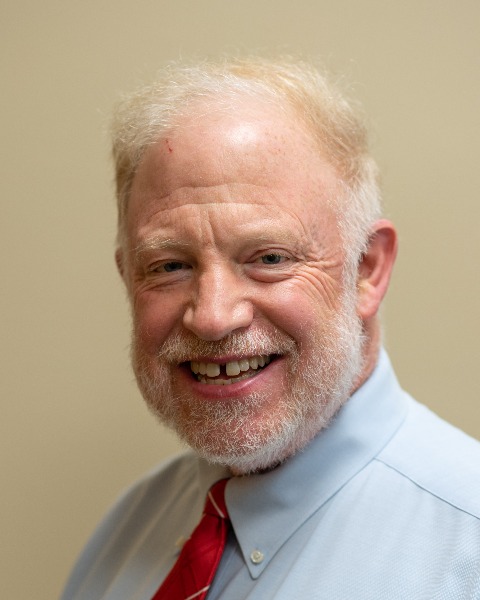Intentional Leadership
Growing an Effective Ethics Committee in Rural, Critical Access Hospitals
In 2020, healthcare institutions around the world scrambled to provide safe, ethical, and financially feasible care amid COVID-19. Challenges included the allocation of resources such as mechanical ventilators; limited hospital capacity and human resources; disruptions in personal protective equipment supply; and the need to balance patient, family and caregiver safety via visitation policies and employee health monitoring. Institutional leaders in large or metropolitan hospitals called upon their ethics committees and other ethics resources to address the challenges related to the allocation of limited resources, triage policies and clinical care. However, many small critical access hospitals located in rural settings did not have established ethics committees or ethics resources to collaborate with hospital leaders in addressing the inherent ethical challenges. Critical access hospitals that did have ethics committees are frequently guided by members that are overburdened with healthcare professionals, such as a nurse who is also a compliance and quality officer and not trained in ethics. As the COVID-19 pandemic quieted, rural hospital leaders became acutely aware of the importance and need for an effective, competent, ethics trained resources to address the complexity of clinical and organizational ethics issues that arise regularly.
This session will describe how one small rural health care system in northern New England, under the direction of the system’s CEO and visionary, sought to build a multi-facility ethics program to address ethical challenges. We will describe the specific steps taken to create an ethically educated and effective ethics committee.
Learning Objectives:
- Describe the need for a formal ethics program in small, rural healthcare facilities that contributes to consistent, equitable and transparent decision-making in rural healthcare environments.
- Organize the practical steps used for building an effective and competent ethics program in rural healthcare settings.

Tom P. Mee, RN
CEO
North Country Healthcare
William Nelson, PhD, HFACHE
Professor of Ethics/Director of Geisel Ethics and Human Values Program
Geisel School of Medicine at Dartmouth
Keith M. Shute, MD, FAAFP
Chief Medical Officer
Androscoggin Valley Hospital
